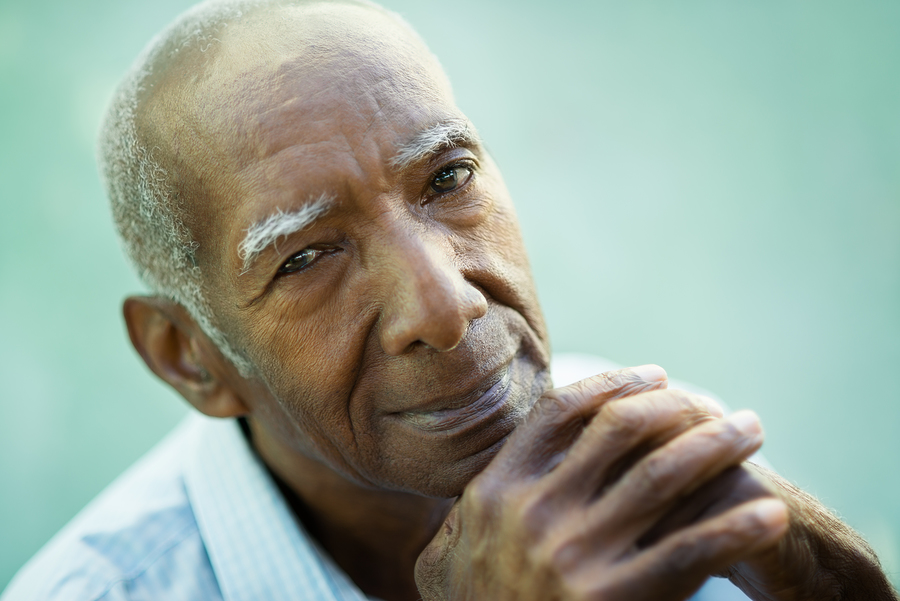When your mom or dad starts aging, you may not know what is normal or abnormal. It is important to tell the difference between normal aging and things that may need a doctor. You shouldn’t start panicking over just anything, but some things deserve a bit of panic. How can you tell them apart? Hiring in-home care providers can help with overseeing these signs of aging.
These days, the elderly may be active and engaged in life for much longer, thanks to the advances in medicine. There are, however, indications of aging that science has not been able to totally halt. As your loved one ages, they are more likely to exhibit these common aging symptoms. While they can’t be eliminated entirely, you can help your loved one deal with them more effectively as they learn to do so.
Lowered Immunity is a Normal Part of Aging
Immunity may be impacted by several things, one of which is becoming older. Your loved one may benefit from further preventative measures, such as discussing the possibility of receiving pneumonia and flu vaccinations with their doctor. Your parents may also concentrate on immune-boosting activities, such as increasing their vitamin C intake. If your senior can’t remember to take things like vitamins, it is time to get in-home care assistance to help remind them of these daily tasks.
They May Suffer From a Reduced Sense of Balance
The ability to maintain your equilibrium depends on the condition of your brain, muscles, and ligaments. Issues with the inner ear are another common cause of balance loss in the elderly. Maintaining your equilibrium is essential for being safe in the world. If your loved one is prone to falling, you may help by getting them to undertake balancing exercises daily and setting up in-home assistance. If you notice your senior mom or dad falling a lot, they may need help clearing pathways and making things safer due to their sense of balance. This is something that in-home care may be able to help with around the house.
They May Have Minor Memory Problems or Lapses
“Senior moments” may be funny, especially when they entail simple mistakes like storing perishables in the fridge’s pantry. If your loved one often forgets important tasks like locking doors at night or taking medicine, the memory loss is likely more severe than you realize. As your loved one ages, typical brain degradation may cause them to forget things more often. If these gaps occur regularly, it’s important to have your loved one checked out for dementia.
Digestive Problems Are a Common Sign of Aging
As with other systems in the body, the digestive system slows down with age. It’s possible that your loved one’s stomach may feel filled sooner than usual or that they’ll have pain soon after eating. However, if your loved one is experiencing digestive troubles, they may find relief by making certain dietary changes.
They May Feel Like They Have Less Energy
While it’s inevitable that your aging loved one will have less stamina to go out and about, there are things you can do to keep them engaged. For instance, if your loved one has greater energy in the morning, that’s when you should schedule most of your outings. Seniors may benefit from regular napping or going to bed early.

